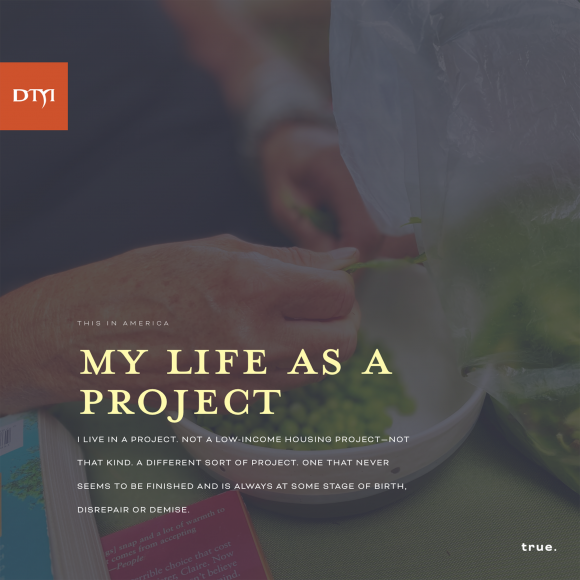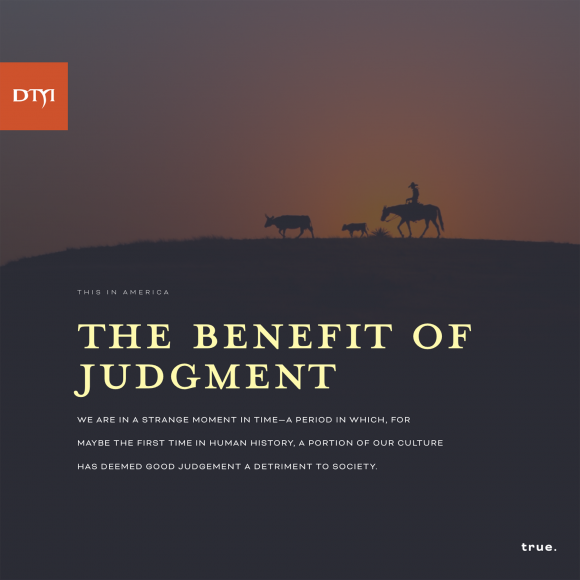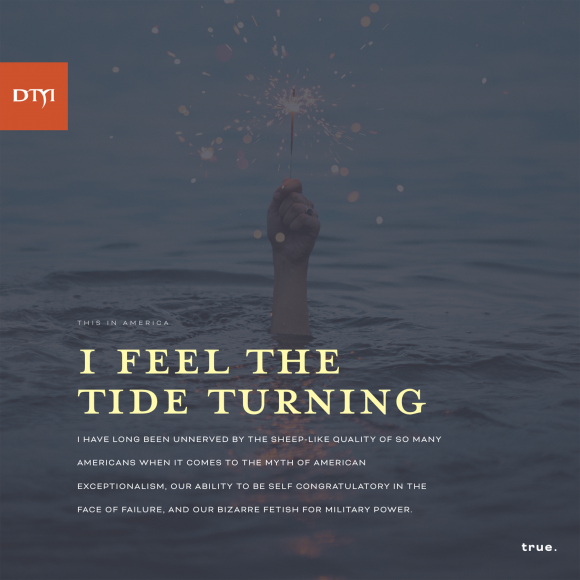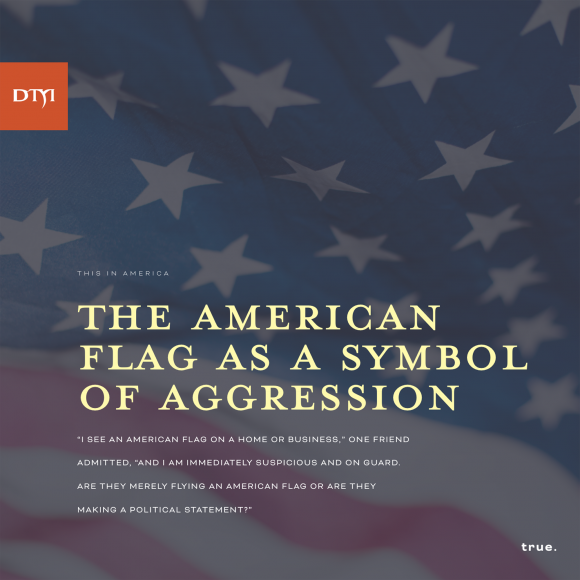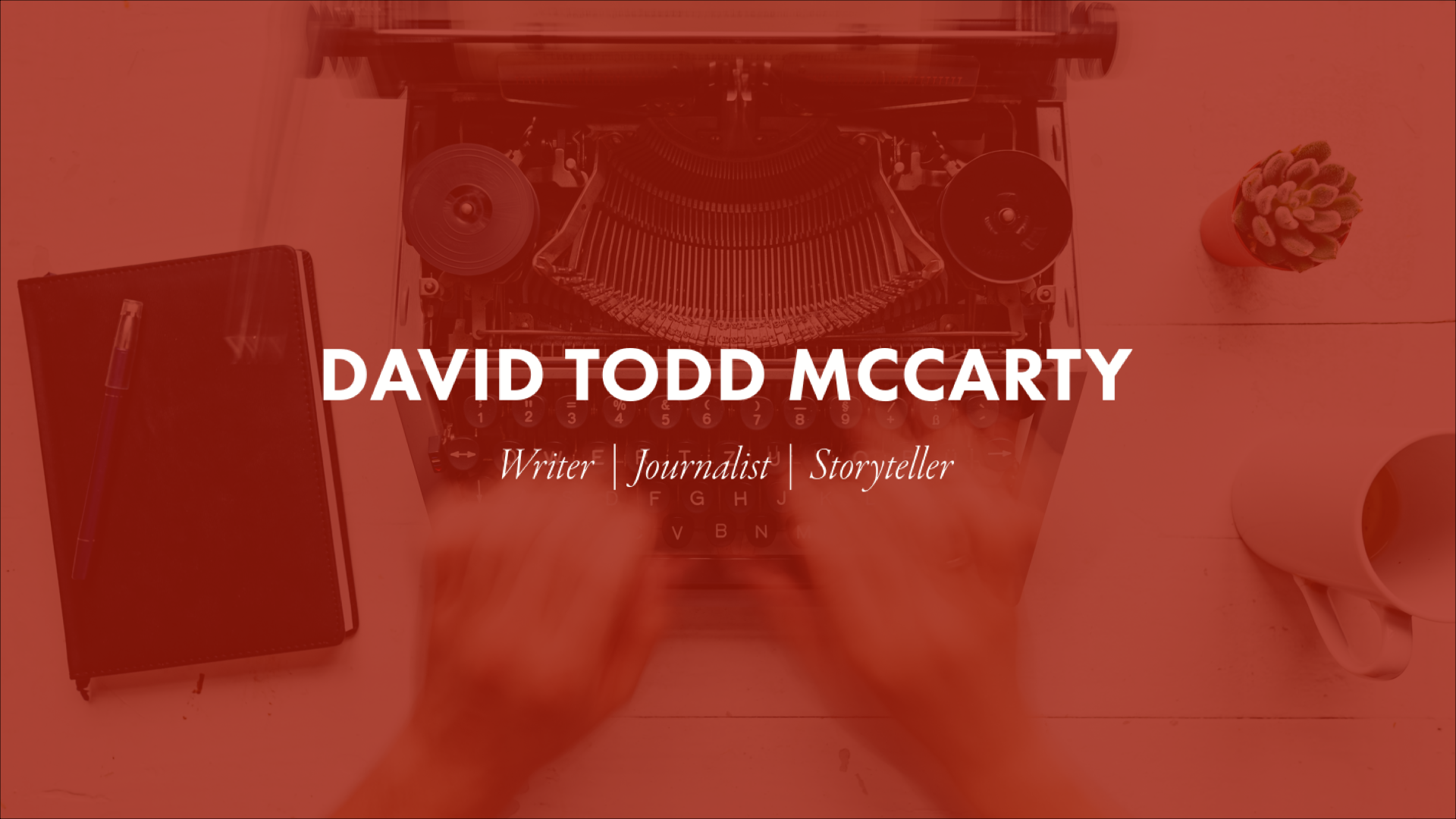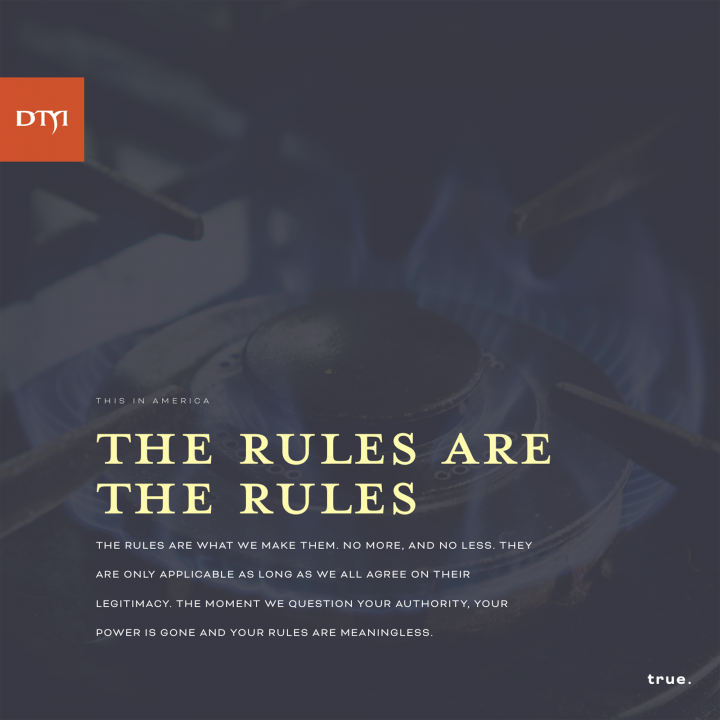
Possibly the most disappointed I’ve been with President Biden since he took office was yesterday, when in response to questions concerning Sha’Carri Richardson’s ban from competing in the Olympics for marijuana use, he answered “the rules are the rules.”
Sigh. Deep breath.
Citing “the rules” reveals an astounding ignorance of power, wealth and privilege—who has it and who doesn’t, who makes the rules, and who has to follow them—all from the most powerful white man in the world. It’s a lot easier to follow the rules, when the rules were designed to help you succeed, designed for your comfort.
I myself, have a history of an uneasy relationship with rules.
On the one hand, I have a tendency to buck the system, flaunt the rules, reject norms, and march to the beat of my own drummer. It is a central part of my character that I wear like a badge of honor. But I’m also one who believes in civic responsibility and common courtesy, that in order to live in a functioning society, we all have to agree to abide by some standard of public engagement. That we must all agree to live by the same rules, that no one should believe they are better than their neighbor and therefore not obligated to abide by the rules.
I imagine I am not alone in this contradictory dilemma. It’s probably reasonable to think we all have rules that we believe are important, and others that are either frivolous or capricious, or that might be fine for other people, but not for us. We are all a bit exceptional in our own minds.
When we are young, we are told not to touch the stove. We are told, more often than not, that this is because the stove is hot. Maybe we abide by this rule, or maybe we don’t. Eventually we test this rule and touch the stove. Turns out it was a good rule.
But then there are the more capricious rules, the arbitrary ones that someone made up to satisfy some personal issue or prejudice. Only white people can drink out of this fountain. Only men can do this job. This drug, that we have manufactured and perfected, at great expense to us, is acceptable to take, but not that one that you can grow yourself for nothing. So we learn that not all rules are fair, equitable, just or honorable.
In fact, you could go so far as to say that it’s a moral imperative to question the rules, since so many have turned out to be so flawed. First we have to ask ourselves why the rule was put into place, and by whom? Who did the rule benefit, and what outcome was it designed to achieve? But also, who might it inhibit, or even harm?
I was not an easy student. I didn’t struggle to learn, I struggled to deal with a flawed system that made little sense to me and where power was not earned. There was nothing more aggravating to me than to be told, “because I said so,” or “because those are the rules.”
This was like waving a red flag at a bull, pleading it to charge. I charged often.
My relationship with teachers was almost always dependent on my level of trust for them. If they assumed I would follow their lead simply because they held some supercilious power over me, I would challenge them until they relented. If, on the other hand, they admitted that they didn’t know everything, and that we were there to learn together, then we were allies and I would have their backs, even against the other students. Power was to be earned, not simply accepted.
Defending a rule, just because it was created, and not because it has a reasonable basis for being, is stupid and mercurial. That isn’t a “hot stove” rule. That is more of a “don’t walk on the grass” because you don’t think I’m entitled.
In the case of Richardson, the Olympic sprinter, the rule has no relevancy with regards to her being able to compete fairly and equitably. It’s an arbitrary judgement based on decades of racist policy and bigoted understanding. It has no merit.
To quote the rules is to command that you do as I say, because I said so. It’s paternalistic and dismissive. What it really says is, good people of strong character and high morals, don’t take recreational drugs that we associate with the wrong part of town, and we don’t want anyone representing us, who would do so.
The rules are what we make them. No more, and no less. They are only applicable as long as we all agree on their legitimacy. The moment we question your authority, your power is gone and your rules are meaningless. They are no longer society’s rules, but your own, and I have no interest in following rules you’ve made for me, for your comfort or convenience.
The rules are not absolutes, and neither is the law. They only have power if we submit to them.
As Gandhi said, “There are unjust laws, just as there are unjust men. If you are a minority of one, the truth is the truth.”


